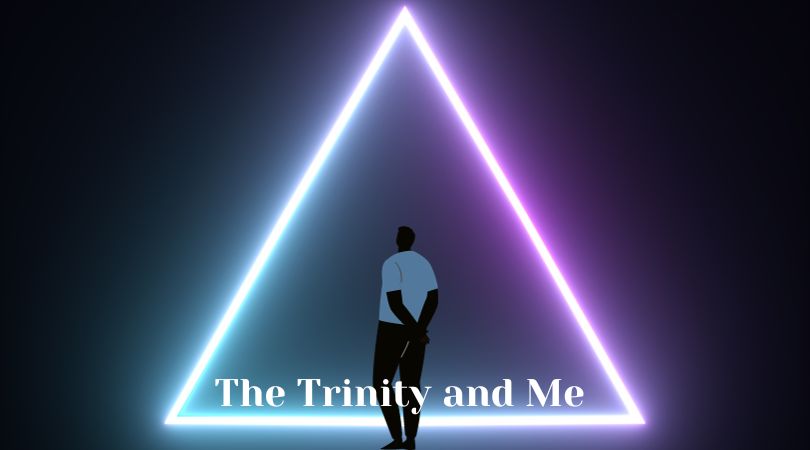
By Jenniffer Mann
Few industries have grown as rapidly as technology. The past 40 years has seen the rise of the mobile phone, mobile internet communications, social networks, and super-fast internet. In fact, some phones are now more powerful than some laptops! However, I am a firm believer that with the evolution of technology and in particular, the mobile phone and text language, we have managed to dumb down the beauty of the English language.
As an aside, I remember typing my first text messages and reading my mum’s first messages too. Not familiar with the new-fangled device but oh so keen to use it, my mum took a while to master the keys and it was a while before messages that were an endless string of letters became more legible as mum discovered the space key and for the recipient, understanding was transformed!
But back to the subject at hand. When working in a university, I would open many an email from students written in colloquial text language, rather than adopting the standard form. On numerous occasions, I would read on email ‘LOL’ and wondered why I was suddenly the popular object of affection, until duly informed that LOL meant laugh out loud and not ‘Lots of Love’ when ‘TTYL’ (talk to you later) and the like started to appear I confess to being irritated at having to google the latest initialisms to make sense of the content! I have even seen the use of text language on job applications! A good example of where intention and outcome firmly parted ways.
How we articulate ourselves matters! Hearing ‘Love ya’ from someone you have a deep romantic attachment to simply does not carry the same degree of intensity as hearing ‘I love you’… so have we standardised meaningless exchanges and made intention void of feeling?
In 2005, the Australian Bible Society came up with the idea of sending out bible texts by phone, in slang. A spokesman Mr Chant said, “The idea is the Bible can be used and be relevant and up-to-date, just like getting a verse of the day or reading a horoscope.” Here are some examples of their interpretations:
Genesis 1:1-2
In da Bginnin God cr8ed da heavens & da earth. Da earth waz barren, wit no 4m of life; it waz unda a roaring ocean cuvred wit dRkness
Replacing:
In the beginning God created the heavens and the earth. The earth was without form, and void; and darkness was on the face of the deep. And the Spirit of God was hovering over the face of the waters.
John 3:16
God luvd da ppl of dis wrld so much dat he gave his only Son, so dat evry1 who has faith in him will have eternal life & neva really die. (John, chapter 3, verse 16).
Replacing:
For God so loved the world that He gave His only begotten Son, that whoever believes in Him should not perish but have everlasting life.
Whilst I am all for exploring different ways to share the gospel, God is very clear about how we treat His word. In Proverbs 30:5-6 we read, “Every word of God is pure: he is a shield unto them that put their trust in him. Add thou not unto his words, lest he reprove thee, and thou be found a liar.”
We also read in 2 Timothy 3:16-17, “All Scripture is given by inspiration of God, and is profitable for doctrine, for reproof, for correction, for instruction in righteousness, that the man of God may be complete, thoroughly equipped for every good work.”
God has made it explicitly clear that we are not to add or remove from his words. The works of literary giants like Shakespeare and Chaucer have stood the test of time because their words have been untampered with and appreciated in their original form. When we ‘Frankenstein’ the English language we lose the beauty of intent, fluidity and expression. Nuances are overwritten and emphasis is lost. The same is true of the Bible but even more so, as the authors were divinely inspired, therefore to add or remove from biblical text, is to assume God is deficient in purpose.
When the author of Psalm 18:2-3 wrote, “I will love You, O Lord, my strength. The Lord is my rock and my fortress and my deliverer; My God, my strength, in whom I will trust; My shield and the horn of my salvation, my stronghold. I will call upon the Lord, who is worthy to be praised; So shall I be saved from my enemies,” he was conveying in earnest what God means to him. The cadence of this would be lost in translation if the words were diluted. Take these words as they are, really digest and absorb them and you see how the Holy Spirit breathes power into them when embraced in thought and lived with purpose.
When God tells us in Jeremiah 31:3, “I have loved thee with an everlasting love:therefore with loving kindness have I drawn thee” God wants to provide comfort and reassurance. These words have lifted my spirit during dark moments and reminded me of how precious I am to my Heavenly Father. There is power in these words.
You may be at a point in your life where you are struggling to read God’s word, so I pray you can draw comfort from knowing that God was very deliberate in telling you that He loves you with an “everlasting love” – the kind of love that does not diminish, change or falter. I encourage you to really think on Jeremiah 31:3 and see by the end of the week, how your perspective has changed.
Let’s Pray
Dear Father, Thank you for being a God of intention. Your word is there for my guidance, correction, reproof and encouragement. Please open my heart to hear what you are trying to tell me, in it’s purest form. Amen
IF THIS POST HELPED YOU, PLEASE SHARE IT USING THE LINKS BELOW SO WE CAN HELP OTHERS TOO





